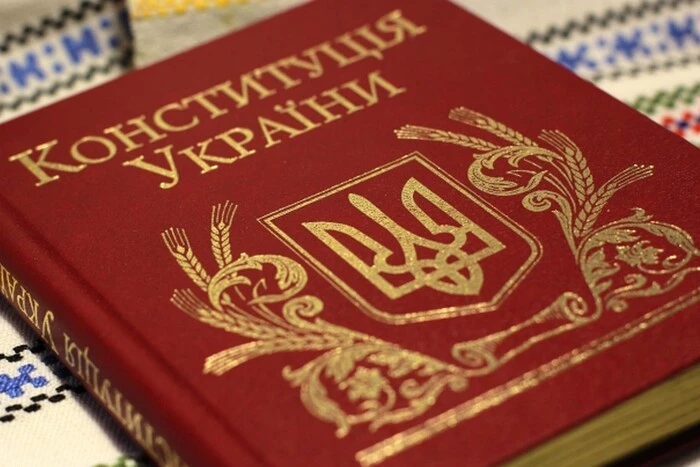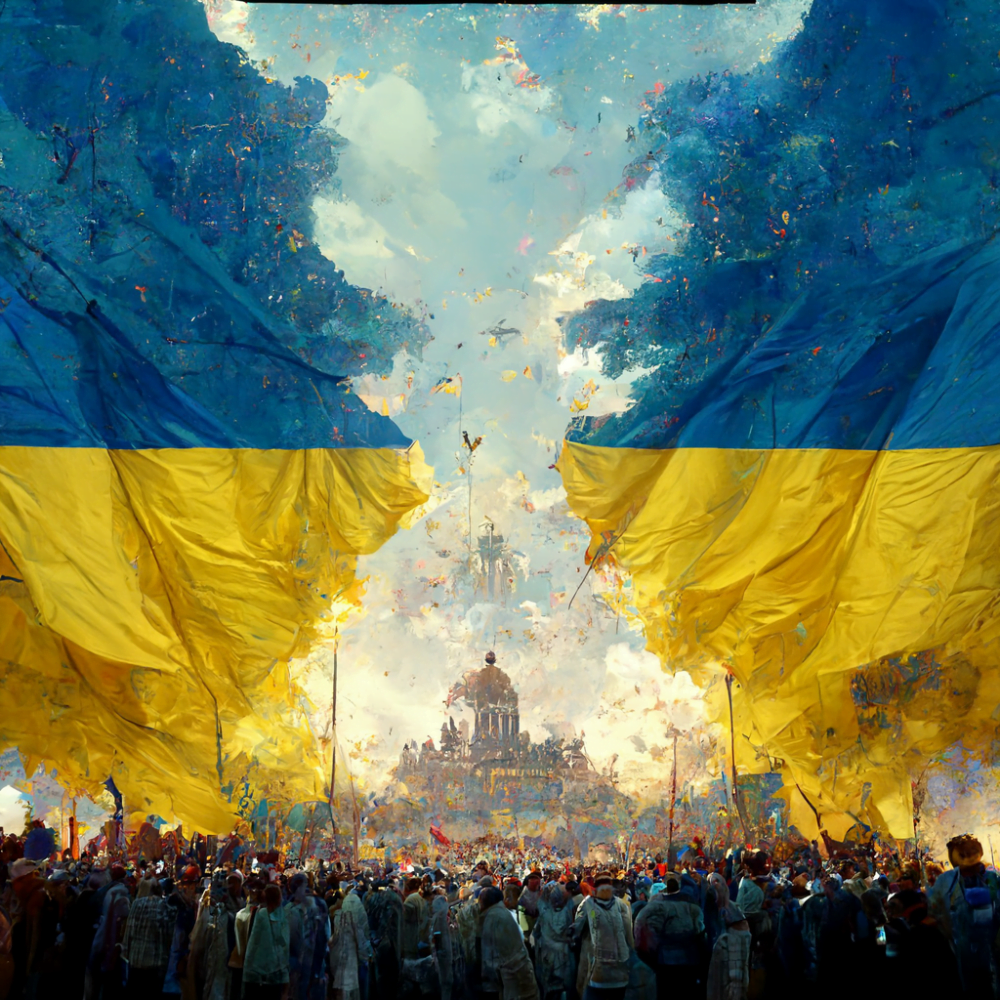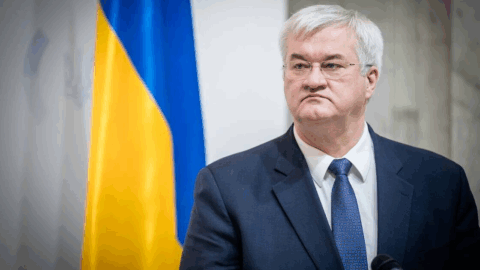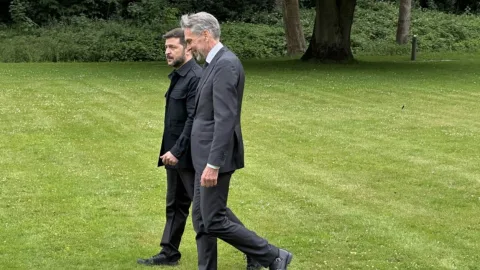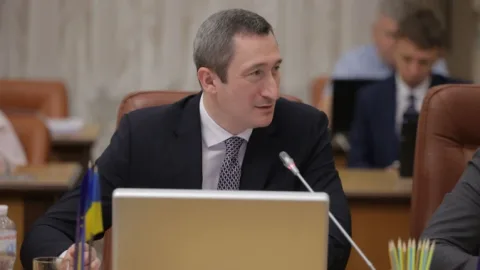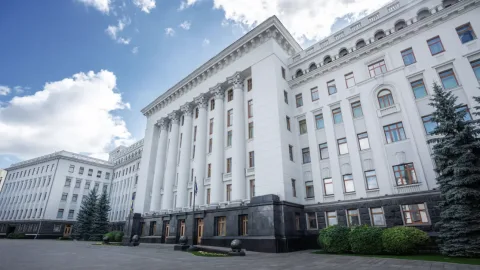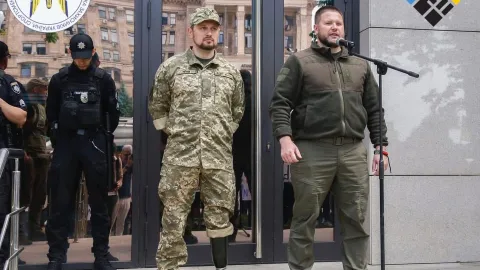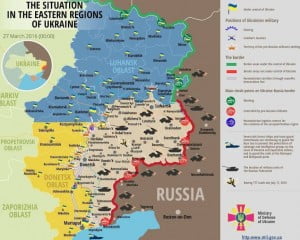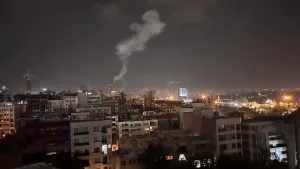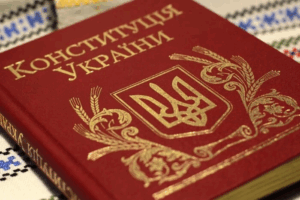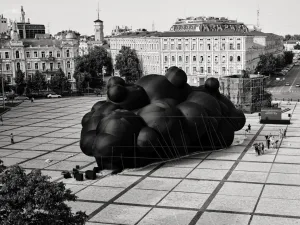The history of Ukraine’s fundamental law dates back to the Cossack era.
On Saturday, June 28, Ukraine celebrates Constitution Day. For the fourth year in a row, our country marks this holiday under martial law, imposed due to the full-scale invasion by the Russian Federation.
The Constitution of Ukraine is the foundation of the legal system and a guarantor of stability and order in the state. It enshrines the principles of democracy, the rule of law, the separation of powers, and the protection of human rights. The Constitution also defines the main directions of Ukraine’s domestic and foreign policy, ensuring the path toward European integration and the development of democratic institutions.
History of the Constitution
The history of Ukraine’s main legal document dates back to 1710. That year saw the creation of Pylyp Orlyk’s Constitution, also known as the “Pacts and Constitutions of the Rights and Freedoms of the Zaporizhian Host.” This document is of great significance in the history of Ukrainian statehood. It is considered one of the first constitutions in the world to provide for the separation of powers into legislative, executive, and judicial branches. It also limited the authority of the hetman and defended the interests of the Zaporizhian Cossacks.
Ukraine’s second constitution was adopted in 1918 by the Central Rada of the Ukrainian People’s Republic (UNR). It is another important historical document that laid the foundations of statehood in Ukraine. Developed under the leadership of Mykhailo Hrushevsky, this document proclaimed the independence of the UNR and included many progressive provisions for its time.
Although this Constitution was approved by the Central Rada, it never came into force due to the German occupation of Ukraine and subsequent political changes. Nonetheless, it remains an important testament to the Ukrainian people’s aspiration for independence and democratic development, as well as a significant milestone in the history of Ukrainian constitutionalism. There were also constitutions of the Western Ukrainian People’s Republic (WUNR) and Carpatho-Ukraine.
During the period when Ukraine was part of the Soviet Union, the Constitution of the Ukrainian SSR was adopted and revised multiple times. There were a total of four Soviet constitutions: in 1919, 1929, 1937, and 1978. The last of these remained in effect even after Ukraine declared independence, lasting until 1996.
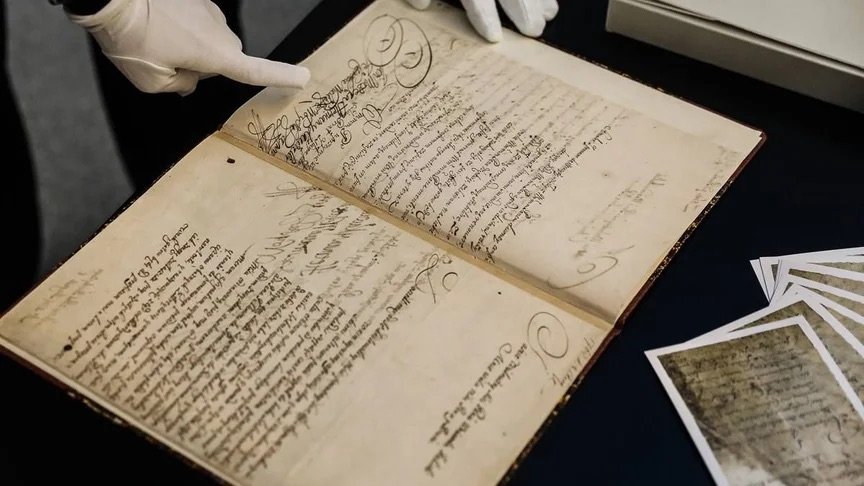
Adoption of the Current Constitution
The process of forming the current version of Ukraine’s main legal document began immediately after the Verkhovna Rada of the Ukrainian SSR adopted the “Declaration of State Sovereignty of Ukraine” on July 16, 1990. By October, a Constitutional Commission had already been established.
Over six years, at least 15 versions of the document were drafted, extensively discussed, amended, and revised. The most heated debates centered on the distribution of power and property, state symbols, the status of the Russian language, and the status of the Republic of Crimea.
Active work on the final draft of the Constitution lasted for three months, with a specially created commission working 13-hour days. In March 1996, the draft law was recommended for parliamentary review, and by the time of the second reading, nearly 6,000 amendments had been submitted.
The “father” of the Constitution is considered to be then-member of parliament Mykhailo Syrota. He presented all the articles from the parliamentary rostrum during the “constitutional night” of 1996. The Basic Law was adopted at 9:20 a.m. on June 28, 1996, after a 24-hour marathon of nearly nonstop work. The document was approved by 315 deputies—more than the required constitutional majority.

Amendments to the Constitution
Since its adoption, the Constitution has undergone several amendments. To approve changes to different sections of the document, between two-thirds and three-quarters of the constitutional composition of the Verkhovna Rada (450 members of parliament) must vote in favor. However, if the proposed changes abolish or restrict human and civil rights and freedoms, aim to eliminate independence, or pose a threat to the territorial integrity of the state, the Constitution of Ukraine cannot be amended at all.
Furthermore, the Constitution cannot be amended during a state of war or emergency. According to Article 64, during such periods, certain restrictions on rights and freedoms may be imposed, but they must be explicitly time-bound.

As is known, President Volodymyr Zelensky posthumously awarded the Order of Freedom to former Members of Parliament Viktor Musiyaka and Mykhailo Syrota, who were part of the team that authored the Constitution.
Notably, the Ukrainian government has passed a resolution under which some citizens will receive a one-time monetary payment ranging from 2,700 to 3,100 UAH for Independence Day. These payments will be made in August 2025.

